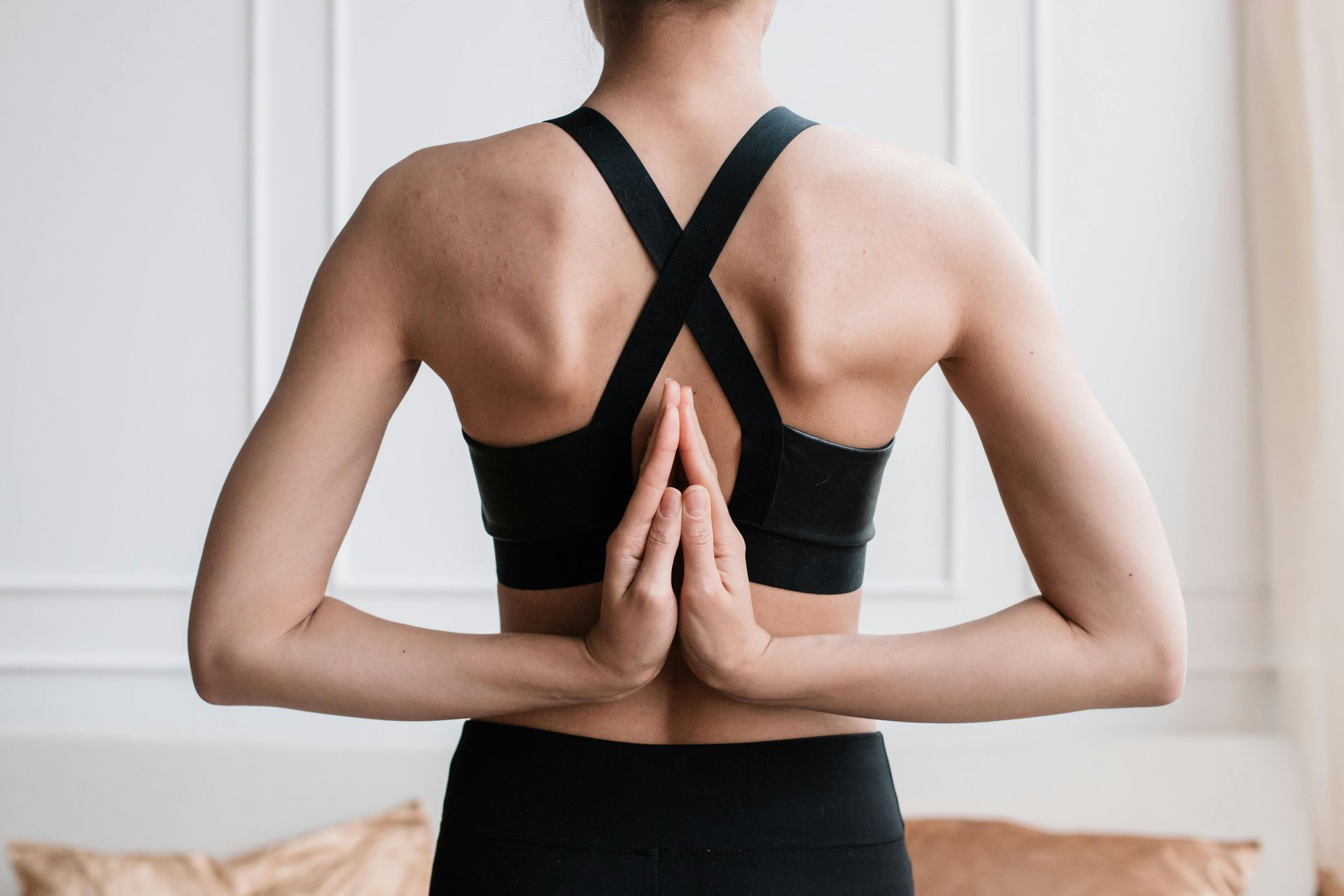Mindfulness Meditation: A Beginner's Guide to Reduce Stress
Stress acts as an unwanted visitor in our hectic environment. It causes mental and physical exhaustion, leaving many people feeling overburdened. Presenting mindfulness meditation, a calming light that is prepared to brighten the path. In addition to reducing stress, this activity improves emotional health and sharpens focus.
By practising mindfulness, you can put your life on hold, get in touch with your inner self, and find peace in the middle of everyday stress. This introductory manual is designed for all mental explorers. We are here to support you whether you are new to meditation or looking to improve your practice. You'll discover how to incorporate mindfulness into your everyday life and learn the fundamentals.
What is Mindfulness Meditation?
Mindfulness meditation encourages you to engage with the present moment. Accept your thoughts, feelings, and sensations without any judgment. Originating from ancient Buddhist practices, it has evolved into a contemporary solution. In our hectic lives, where multitasking and distractions abound, mindfulness serves as our anchor. It softly leads us back, dispelling mental clutter and bringing back clarity. This centring practice alleviates stress and anxiety, providing a refreshing respite for the spirit.
How Mindfulness Reduces Stress
- Embrace tranquillity as cortisol—the stress villain—takes a backseat.
- Discover the power of self-awareness, silencing negative thoughts like whispers.
- Find emotional balance, nurturing a peaceful mind amidst life's chaos.
- Cultivate a lens of kindness, quelling the tide of self-criticism.
- Drift into sweet slumber by soothing an overactive mind.
How Mindfulness Stands Out from Other Meditation Practices
Mindfulness has its unique rhythm, setting it apart from transcendental and mantra meditations. It emphasises awareness, keeping you grounded in the present moment. There's no need for long chants or deep meditative states; this practice is fluid and easy to incorporate into everyday life. You don't require special environments or extensive training. Unlike visualisation meditation, which focuses on calming images, mindfulness embraces the present moment as it is. This practice allows you to fully appreciate the present and serves as a powerful tool for stress management and emotional balance.
The Science Behind Mindfulness and Stress Reduction
Mindfulness meditation works wonders on the brain and nervous system. Research reveals its knack for acting as a stress relief technique. Neuroscience has made big strides. Now, we know that meditation changes our minds. It boosts mental clarity and helps with emotional balance.
How Mindfulness Affects the Brain
- Dials Down Amygdala Activity: The amygdala, the fear factory of the brain, quiets over time. With less reactivity, individuals master the art of stress management.
- Boosts Neuroplasticity: Mindfulness changes the brain, building pathways for resilience and emotional balance. With practice, our brains adapt, shifting perspectives and promoting calm amidst chaos.
Scientific Studies Supporting Mindfulness
- Harvard research showed that eight weeks of mindfulness training changed brain areas. These areas are important for memory, self-awareness, and stress control.
- A study from Johns Hopkins University found that mindfulness meditation helps cut stress. It also improves emotional well-being and boosts overall life satisfaction.
Embarking on Your Mindfulness Meditation Journey
If you're stepping into the serene world of mindfulness meditation, here are simple steps to guide your way. These practices will help cultivate a calm and present mind and will help you gain knowledge on how to meditate.
Discovering Your Tranquil Nook
- Find a peaceful pocket of your home where distractions fade away. If possible, claim a cosy corner specifically for your meditation moments.
- Mornings and evenings are golden opportunities for meditation. They set the tone for a day filled with positivity or help you release the day's worries before sleep.
- Settle onto a cushion or a chair, embracing a comfortable position. Maintain an upright posture; let your body feel both supported and at ease.
Essential Mindfulness Techniques for Novices
- Focused Breathing: Close your eyes and embark on a breath journey. Breathe in deeply through your nose. Hold that fresh air. Then, exhale slowly and gently through your mouth. This simple yet powerful technique roots your attention firmly in the present.
- Body Scan Meditation: Tune into each part of your body like a skilled composer. Release any tension you encounter along the way. This practice boosts your mind-body link and wraps you in a calming hug of relaxation.
- Guided vs. Self-Guided Meditation: Many beginners enjoy guided apps like Headspace or Calm. Conversely, seasoned meditators often prefer the serene silence of solo practice. Guided sessions provide a clear structure, while self-guided meditation lets you explore your inner self.
Overcoming Common Meditation Challenges
- Managing Distractions: Embrace those wandering thoughts; they're just part of the journey. Gently guide your focus back to your breath. Distractions dance into everyone's meditation. The key is returning to mindfulness with grace and ease.
- Dealing with Restlessness: Start with short sessions if sitting still is tough. Gradually extend your time as you adjust. Try movement-based mindfulness like yoga or tai chi. These practices can calm a restless spirit.
- Staying Consistent: Set a daily reminder to weave mindfulness into your life. Short, consistent sessions pack a powerful punch, often more effective than occasional marathons. Embrace
routine, and let mindfulness flourish!
Mindfulness Practices Beyond Meditation
Mindfulness isn't limited to sitting meditation. Here's how you can incorporate it into daily life to enhance awareness and well-being.
Weaving Mindfulness into Your Daily Tapestry
- Mindful Eating: Savor every morsel; delight in the texture, taste, and aroma. Chew slowly and let each bite blossom like a flower. This practice not only nurtures digestion but also amplifies your meal's pleasure.
- Walking Meditation: Step with intention; let every stride be a meditation. Attune to your surroundings, where beauty dances at your feet. This practice intertwines mindfulness seamlessly with an active lifestyle.
- Mindful Listening: Engage fully; immerse yourself in the conversation's flow. Listen with intent and resist the urge to plan your response. Practising mindful listening strengthens bonds and clears away confusion.
Mindfulness Journaling & Gratitude Practices
- Journaling for Mental Clarity: Putting pen to paper clarifies tangled emotions. It nurtures self-awareness and acts as a mindful companion.
- Gratitude Lists: Jot down three treasures daily that spark joy. This simple practice elevates positivity and reduces stress. Focusing on gratitude fortifies emotional resilience and nurtures lasting happiness.
Conclusion
Mindfulness meditation is a simple tool. It helps manage stress, boosts mental clarity, and improves well-being. Spending just a few minutes daily on mindfulness can change how you handle stress. It boosts emotional strength and helps you find more inner peace.
Begin your mindfulness journey today. Enjoy the deep benefits of living in the moment.


